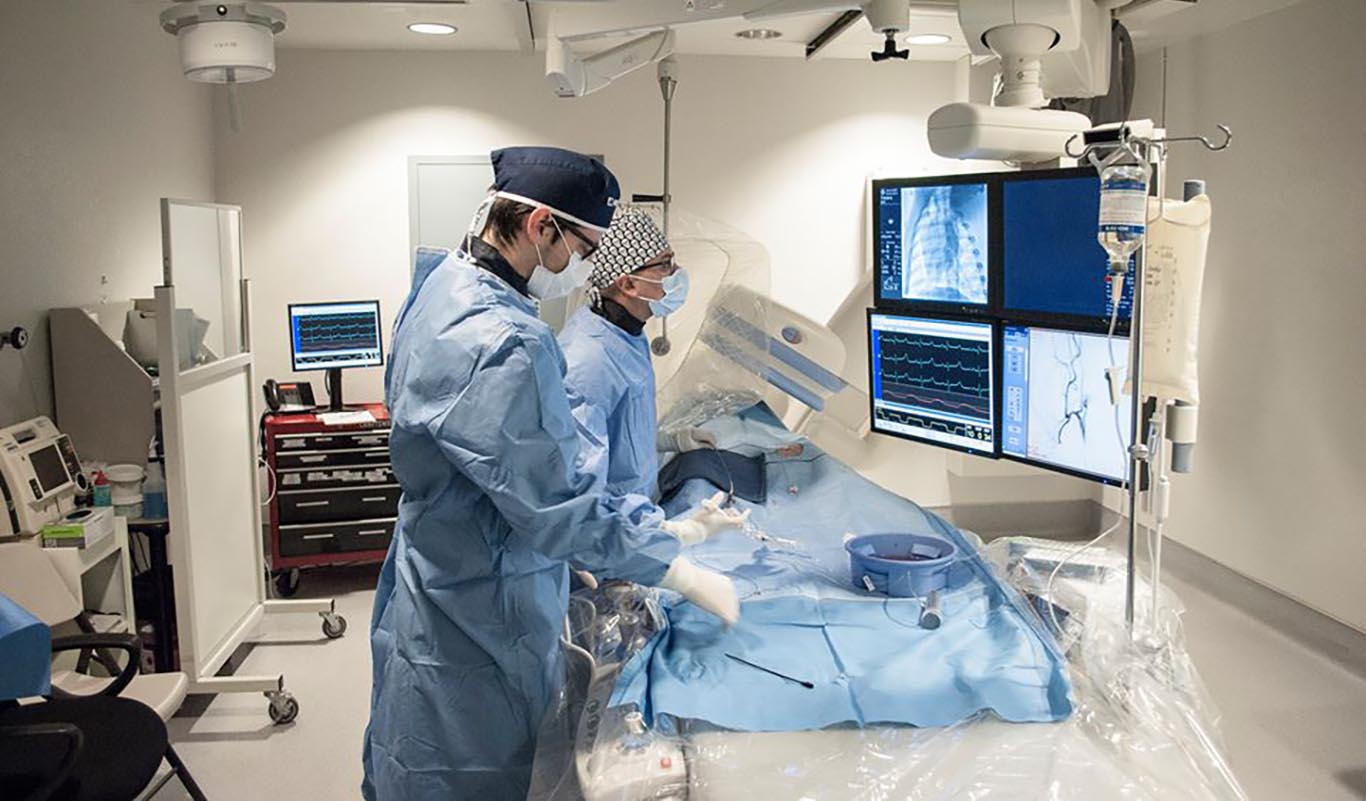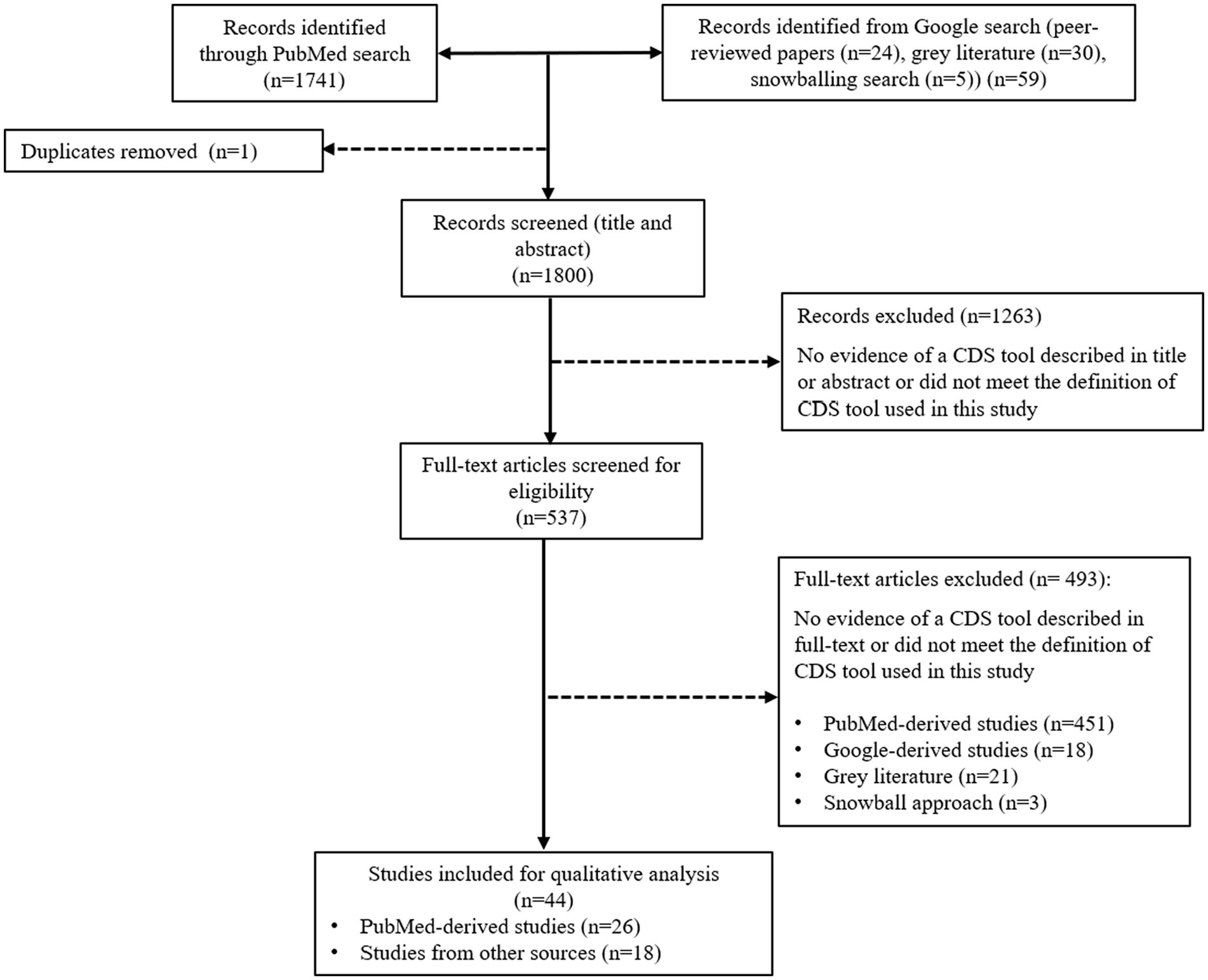Understanding Pet Diagnostic Services Across America with Pro Tips
Understanding Pet Diagnostic Services Across America with Pro Tips
Blog Article
Whether it’s routine blood work or advanced diagnostic panels, veterinary labs deliver the data veterinarians need to make informed decisions.
From routine screenings to emergency diagnostics, veterinary labs help uncover hidden health issues, confirm diagnoses, and track treatment progress.
Let’s start by understanding exactly what a veterinary laboratory is and why it’s essential in modern animal healthcare.
How Veterinary Diagnostic Labs Work
A clínica veterinária e laboratório ivd veterinary laboratory is a specialized facility where biological samples from animals—such as blood, urine, feces, or tissue—are analyzed to detect diseases, monitor health, and guide treatment plans.
Veterinary labs vary in size and specialization.
Regardless of size or setup, these labs play an essential role in helping veterinarians diagnose conditions early, tailor treatments, and monitor recovery effectively.

Understanding Veterinary Lab Diagnostics
Urinalysis and fecal exams help detect infections, parasites, or metabolic issues.
Advanced labs may also provide molecular diagnostics, including PCR testing for specific pathogens or genetic screenings for hereditary conditions.
These tests are essential for early disease detection, accurate diagnosis, and treatment planning.
Locating a Veterinary Laboratory in Your Area
Many vet clinics also have in-house labs for basic tests and refer complex cases to specialized facilities.
Look for labs certified by organizations like the American Association of Veterinary Laboratory Diagnosticians (AAVLD), which ensures high-quality standards.
If you’re a pet owner seeking direct access to a lab for second opinions or advanced testing, contact the lab to understand their intake process—some require referrals, while others accept samples directly.

When to Use a 24-Hour Veterinary Lab
Knowing when to use each type can make a significant difference in urgent cases.
These labs are often linked to emergency veterinary hospitals and specialize in handling critical cases at any time of day or night.
Balancing speed, cost, and specialization ensures your pet gets the right level of diagnostic support when it matters most.
Why Veterinary Diagnostics Matter for Your Pet’s Health
While physical exams provide valuable insights, they can’t reveal everything—lab tests uncover hidden conditions, confirm clinical suspicions, and track progress over time.
For preventive care, routine lab work helps catch issues before symptoms appear.
Ultimately, investing in proper veterinary diagnostics is an investment in your pet’s well-being.
Conclusion: Choosing the Right Veterinary Lab for Your Pet
Whether you need routine bloodwork, specialized diagnostic panels, or emergency testing, the lab you choose plays a crucial role in guiding your veterinarian’s decisions.
By understanding the range of services veterinary labs offer, knowing when to seek 24-hour support, and learning how to find reputable labs near you, you empower yourself to make the best choices for your animal companion.
With the right partnerships in place, you’re giving your pet the best possible chance at a happy, healthy life.
FAQ About Veterinary Laboratories
What is a veterinary diagnostic lab?
A veterinary diagnostic lab analyzes samples from animals (like blood, urine, or tissue) to detect diseases, monitor health, and guide treatment plans.
How do I find a veterinary lab near me?
Ask your veterinarian for recommendations—they often work with trusted local labs or national diagnostic networks.
What emergencies require urgent lab testing?
If your pet experiences sudden, severe symptoms—such as collapse, poisoning, or acute injury—a 24-hour veterinary lab can provide rapid diagnostics to support emergency treatment.
What are common veterinary diagnostic services?
These tests help detect infections, organ issues, cancers, and metabolic diseases.
How much do veterinary lab tests cost?
Routine bloodwork may range from $50–$200, while specialized or emergency tests can cost more.
Report this page